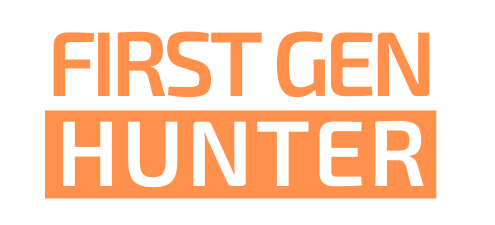Welp, birds are done. Now what?
By: Kent Boucher
This is an Article Kent wrote for The Iowa Sportsman Magazine. Subscribe to the magazine to see more of Kent’s work in print.
The end of hunting season provides a mixture of strong emotions. Relief that adequate rest and the to do list of grownup responsibilities have lost their greatest competitor. Sorrow for the whittling away of another one of our dog’s ten or eleven hunting seasons. Boredom as we anticipate the arrival of the hunting doldrums. And the eagerness for the entrance of the next season to conquer the leftover aspirations lingering from the previous season. So in the midst of facing the conclusion of pointing roosters, or casting dogs into icy sloughs what are we supposed to do with our pups? Unless your gun dog has a packed offseason of field trials and daily training routines, settling on an answer to this question can be tough to decide on and the answer that needs to be avoided, but far too often ends up being the plan for a lot of gun dogs is nothing.
In my opinion the most disciplined members of the hunting community are the gun dog handlers who train for field trials. These folks operate with the highest level of consistency as they thoughtfully scaffold each aspect of their dog’s life around its field trial and hunting career. They maximize nutrition, kenneling, physical conditioning, calling and signaling, and every field skill their dog is capable of mastering. If this includes you please accept this as my salute to you. But if you are like me, your hunting season includes far more pursuits than just hunting behind your pups. The trade off of course is our gun dog work doesn’t reach the level of discipline as our more focused friends. One luxury that accompanies having a taste for all game is there are more opportunities to hunt. Here in Iowa the end of January marks the end of all fall and winter hunting seasons with the exception of rabbits.
Now before you jump on my case based on the bad habit hazards of cross training gun dogs on other species, please remember that I’m writing from a standpoint of handling gun dogs that are primarily used for hunting. Furthermore I believe maintaining enough marked differences between hunting upland birds and bunnies will help keep our pups focused on the desired task when we are targeting one or the other. In order to best navigate this, limit where you hunt to habitat that only rabbits are going to use. Brush piles and dense thickets surrounding barnyards and stands of timber fit the bill. Let your dogs work the piles while you wait for the rabbits to burst out of the opposite side of the pile when they can no longer tolerate the pressure from your dogs. Take aim as the rabbits circle into the open, and your dogs are out of the line of fire.
If strapping some snowshoes onto your feet to go after rabbits doesn’t appeal to you then use February to start teaching your old dog a new trick: sniffing out sheds. There are a surprising number of resources available to dog handlers who want to coach up a shed dog, and the benefits of doing so extend beyond increasing your shed count. The training regimen is heavy on scent recognition and the hunting takes place within edge habitat which provides plenty of distractions and obstacles to strengthen your pup’s focus and agility in the field. Even better yet is the learned patience that finding sheds requires. This translates over in the fall when you are hunting areas with low bird densities and your pup has to stay dedicated to the objective despite the reality of infrequent rewards.
Aside from the different pursuits we can tack onto the gun dog calendar to keep our dogs active in the offseason, we can also enter February with some new hunting year resolutions for our best friends. We should establish a daily exercise goal, and reevaluate our diet plans for our dogs. Both of these facets of our dogs’ health should be researched and discussed with their veterinarians to make sure that they match our dog’s age and current health status. And of course what’s good for them is good for us so we can use the time to improve our own health as we prepare ourselves for the next hunting season. Healthier hunters can hunt more effectively, whether that hunter be a canine or human.
We can go ahead and sigh and shuffle through the chores of unloading the truck one last time as we accept the end of another bird hunting season, but we also need to take an open-minded look at what else we can enjoy while conditioning our dogs for the next hunting season. Their careers are cruelly brief and we owe them our best efforts to maximize that time we share with them.
